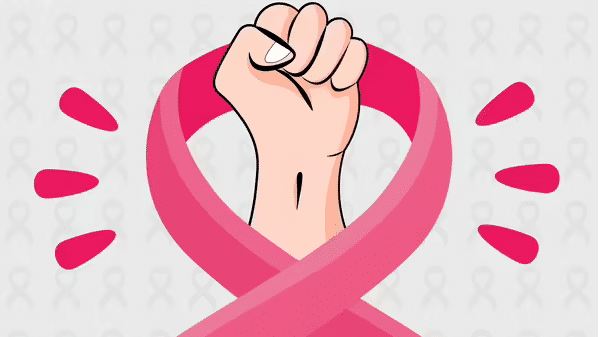World Cancer Day is observed every year on February 4 to raise global awareness and inspire action for a cancer-free world.
On this day, let’s take a look at common myths and misconceptions about cancer, as laid out by National Cancer Institute at the National Institutes of Health (NIH), USA.
Also Read: ‘I AM AND I WILL’, Tahira Kashyap pens down a powerful poem on World Cancer Day
1. Cancer is a death sentence
Cancer is perceived as a debilitating disease that has only one end – death. But this is far from the truth.
Advancements in treatments and medicines have steadily brought down cancer rates across the world. In the US, for instance, five-year survival rates for some cancers, including breast, thyroid, or prostate are 90% or higher.
A person’s chance of beating cancer, however, would depend on multiple factors: such as the time of detection, their socioeconomic status, the country’s healthcare services, access to treatment and medication, the cancer progression in the body, and the person’s own health.
Also Read: World Cancer Day: Early detection of cancer can save lives, find out how
2. Will eating sugar make my cancer worse?
There is insufficient evidence to suggest that sugar can worsen a person’s cancer and avoiding sugar would help eliminate the disease. While studies have shown that cancer cells consume more sugar than normal cells, no direct link can be established between sugar consumption and the worsening of cancer.
Of course, consuming sugar in excess can lead to other problems and can contribute to the risk of developing cancer.
Also Read: From Irrfan Khan to Sonali Bendre, celebrities and their fight with cancer
3. Is cancer contagious?
Cancer is not contagious. In extremely rare cases, if a cancer patient becomes an organ or tissue donor, it may put the person on the receiving end at increased risk of developing a transplant-related cancer in the future. The probability of this happening is minimal – about two cases of cancer per 10,000 transplants.
Even in cases when cancers might be caused by contagious viruses such as HPV, the cancer itself will not be contagious from one person to another.
4. If no one in my family has had cancer, does that mean I’m risk-free?
No. Several factors can increase a person’s risk of cancer, including gene mutations, genetic changes linked to ageing, habits such as smoking, the kind of diet and lifestyle, among others. So even if nobody in a family has had cancer, other reasons could lead to a person belonging to the family developing the disease.
Also Read: World Cancer Day 2021: Know the six most common types of cancer and their symptoms
5. Do antiperspirants or deodorants cause breast cancer?
The evidence so far has suggested no links between chemicals found in deodorants with the risk of breast cancer.
6. If someone in my family has cancer, am I likely to get cancer, too?
While genetic mutations inherited from a parent can be one of the reasons contributing to cancer risk, it doesn’t necessarily lead to cancer. Only about 5 to 10% of cancers are caused by harmful mutations inherited from parents — these are called familial or hereditary cancers. On the other hand, over 90-95% of the cancer cases are non-hereditary or spontaneous cancers caused by other reasons.







